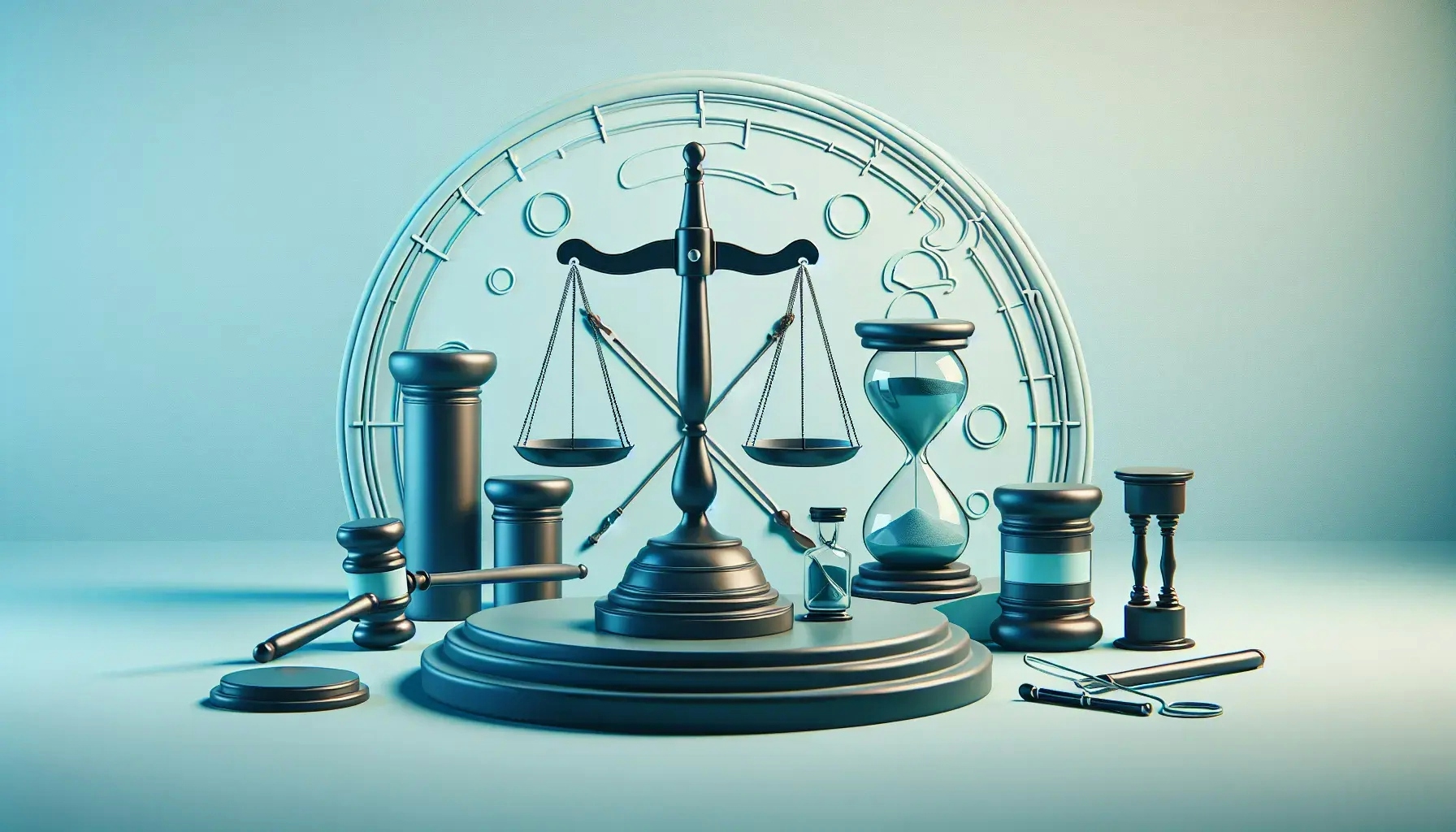The Role of a Mediator in Disputes
Mediator Experts

In the complex world of disputes, the role of a mediator often emerges as a beacon of resolution. This blog post aims to delve into the intricate dynamics of mediation, shedding light on the pivotal role mediators play in dispute resolution. We will explore the various facets of a mediator's role, their techniques, and the impact they have on the outcome of disputes.
The Mediator's Role: An Overview
A mediator serves as a neutral third party who facilitates communication between disputing parties. They strive to help these parties reach a mutually satisfactory resolution. Unlike a judge or an arbitrator, a mediator does not impose a decision. Instead, they guide the parties towards finding their own solution.
The mediator's role is multifaceted and complex. They must maintain neutrality, manage the process effectively, and foster open communication. A mediator's primary goal is to create an environment conducive to negotiation and problem-solving. They must ensure that all parties feel heard and understood, and that the process is fair and balanced.
A mediator also needs to be an effective communicator. They must be able to listen actively, ask probing questions, and reframe statements to promote understanding. They need to manage emotions and conflicts that may arise during the mediation process. Mediators often use various techniques to facilitate communication and promote mutual understanding, such as reality testing, brainstorming, and role reversal.
Techniques Employed by Mediators
Mediators employ a variety of techniques to facilitate the resolution of disputes. One such technique is reality testing. This involves challenging the parties' assumptions and perceptions to help them understand the potential consequences of their positions.
Brainstorming is another technique commonly used by mediators. This involves encouraging the parties to generate a wide range of possible solutions to their dispute. The mediator then helps the parties evaluate these options and negotiate a mutually satisfactory resolution.
Role reversal is a technique that involves asking the parties to put themselves in the other party's shoes. This can help them understand the other party's perspective and may lead to more empathetic and constructive negotiations.
The Impact of Mediation on Dispute Resolution
Mediation can have a profound impact on the resolution of disputes. It can lead to outcomes that are more satisfactory to all parties involved, as it allows them to have a say in the resolution of their dispute. Mediation can also preserve relationships between parties, as it promotes understanding and cooperation rather than adversarial confrontation.
Moreover, mediation can save time and money. Legal proceedings can be lengthy and costly, whereas mediation can often lead to a quicker resolution. Furthermore, the flexibility of mediation allows for creative solutions that may not be possible in a court setting.
Challenges Faced by Mediators
Despite the many benefits of mediation, mediators often face numerous challenges. One of the main challenges is maintaining neutrality. Mediators must avoid taking sides or showing bias, which can be difficult in emotionally charged situations.
Another challenge is managing high-conflict situations. Disputes can often become heated, and mediators must be able to de-escalate tensions and keep the process on track. They also need to manage their own emotions and avoid getting drawn into the conflict.
Confidentiality is another challenge faced by mediators. They must ensure that all information shared during the mediation process is kept confidential, which can be difficult in certain situations.
The Importance of Training and Skills for Mediators
To effectively perform their role, mediators need a specific set of skills and training. They need to be excellent communicators, good listeners, and effective problem solvers. They also need to be able to manage conflict and maintain neutrality.
Training in mediation techniques is also crucial. This can include training in reality testing, brainstorming, role reversal, and other techniques. Mediators also need to understand the legal and ethical issues related to mediation.
The Future of Mediation
The future of mediation looks promising. As more people recognize the benefits of mediation, its use is likely to increase. Technological advancements are also likely to impact the field of mediation. For example, online mediation is becoming more common, allowing parties to resolve disputes remotely.
However, as the field of mediation evolves, so will the role of the mediator. Mediators will need to adapt to new challenges and opportunities, and continue to develop their skills and knowledge.
The Mediator's Role: A Concluding Perspective
The role of a mediator in disputes is complex and multifaceted, but also crucial. Through effective communication, problem-solving techniques, and a commitment to neutrality, mediators can help disputing parties reach mutually satisfactory resolutions. As the field of mediation continues to evolve, the role of the mediator will undoubtedly continue to be of paramount importance.